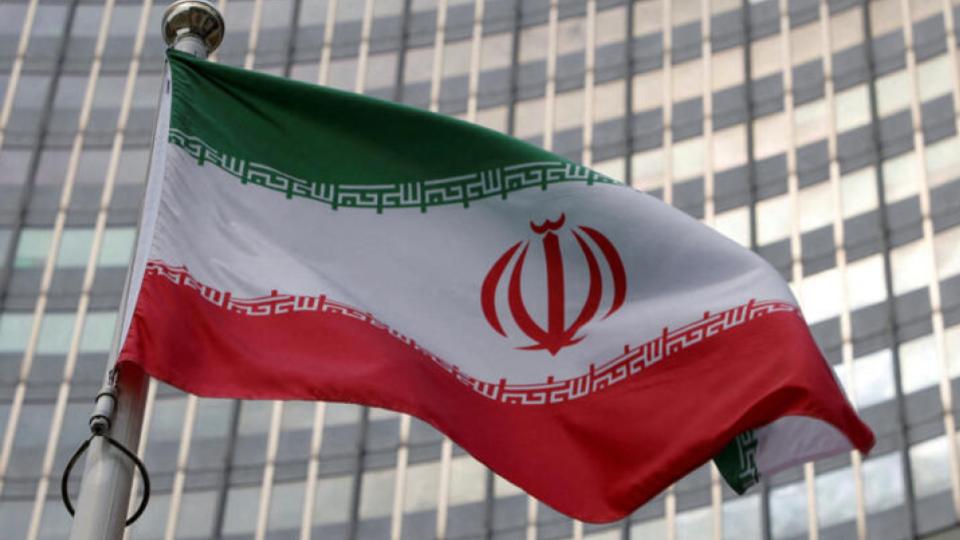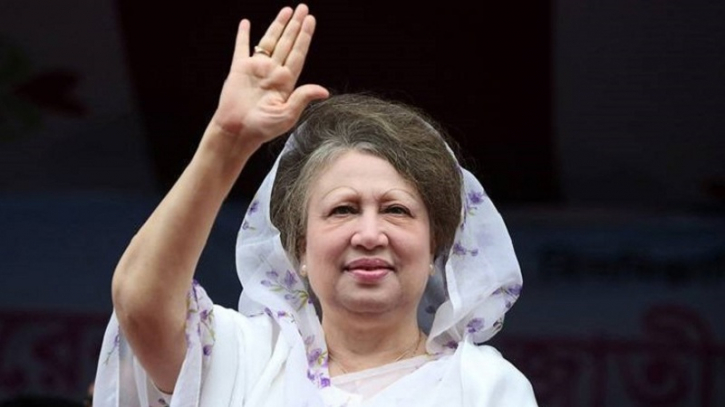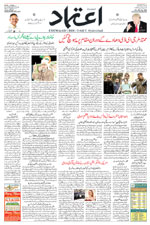Daesh fighters ‘more educated than others’, World Bank
Sat 26 Nov 2016, 07:56:38

Daesh fighters are more educated than their average countryman according to a new World Bank study.
Entitled “Economic and Social Inclusion to Prevent Violent Extremism”, the study looks at the economic prospects of the MENA region and the underlying economic and social factors that have given rise to violent extremist groups. It concludes that violent extremism has contributed to the region’s poor economic performance.
Daesh recruits from Europe and in Central Asia, as well as other Organisation for Economic Co-operation and Development (OECD) member countries, have similar levels of education to their compatriots. In contrast, states the report, foreign recruits from the Middle East, North
Africa and South and East Asia are significantly more educated than what is typical in their region. The authors left open the possibility that recruits have been overestimating their education and thus urge caution when interpreting these differences.
Africa and South and East Asia are significantly more educated than what is typical in their region. The authors left open the possibility that recruits have been overestimating their education and thus urge caution when interpreting these differences.
The data also shows that “poverty is not a driver of radicalisation into violent extremism.” Out of 331 recruits described in a leaked Daesh database, only 17 per cent did not finish high school, while a quarter had university-level educations.
In its statement following the publication of the study, the World Bank concluded that economic and social inclusion helps prevent violent extremism and contribute to growth in the Middle East and North Africa.
No Comments For This Post, Be first to write a Comment.
Most viewed from International
Most viewed from World
AIMIM News
Latest Urdu News
Most Viewed
May 26, 2020
Can Lionel Messi's visit boost Indian football?
Latest Videos View All
Like Us
Home
About Us
Advertise With Us
All Polls
Epaper Archives
Privacy Policy
Contact Us
Download Etemaad App
© 2026 Etemaad Daily News, All Rights Reserved.





































.jpg)
.jpg)
.jpg)


